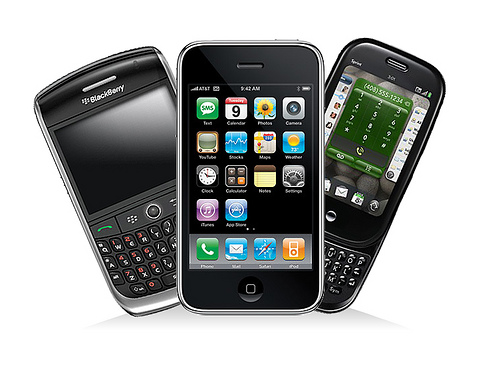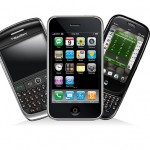TECHNOLOGY: The practice of unlocking a cell phone without the carrier’s expresses permission was criminalized on January 26.
By John Burke, Staff Writer
The Digital Millennium Copyright Act of 1998 was the first to ban cell phone unlocking. But the Library of Congress, often tasked with selecting exceptions to certain laws, has allowed cell phone unlocking to remain legal until now. However, under pressure from carriers and the Wireless Association trade group (which is abbreviated as CTIA), the Library of Congress agreed to eliminate that exception in October. The new law came into effect last Saturday, January 26.
The CTIA claims that the new law protects the carrier’s investments in the subsidies. “The price of an unlocked iPhone (especially in countries outside of the U.S.) may be much greater than $325 plus the $200 subsidized price a customer pays—creating an opportunity for resale,” Michael Altschul, general counsel for CTIA, said. But even if this chain of events took place, the carrier would still make a hefty profit off the phone’s original price. The consumer may buy the phone at a reduced cost due to the subsidies the provider has paid to the producer. But normally, the carrier makes a profit from the fees the consumer pays the carrier for the service provided through his or her contract. Even if unlocking the phone allowed the consumer to switch carriers, a large cancellation fee would have to be paid to the carrier, allowing the carrier to make the money it would have gained from the continued contractual payments.
This new law has been met with outrage. “It’s roughly equivalent to declaring that you can plug your TV into Comcast cable service, but not Time Warner,” columnist James Temple explained. Many believe that what they choose to do with a phone they purchased and paid for is of no concern to law enforcement or the Library of Congress. Businesses who sell unlocked phones as a product can now face criminal charges under federal law. If a phone is unlocked for personal use, the user can be charged a fine. “You’ve got the Library of Congress purporting to regulate the aftermarket in mobile phones. The absurdity of that situation highlights the problems,” Mitch Stoltz, staff attorney at the Electronic Frontier Foundation in San Francisco, said.
A petition to make phone unlocking legal has been posted to the website “We the People” and has thus far gathered over 30,000 signatures. 100,000 signatures are required for the White House to officially respond to the petition.
Contributed By uhaweb.hartford.edu


